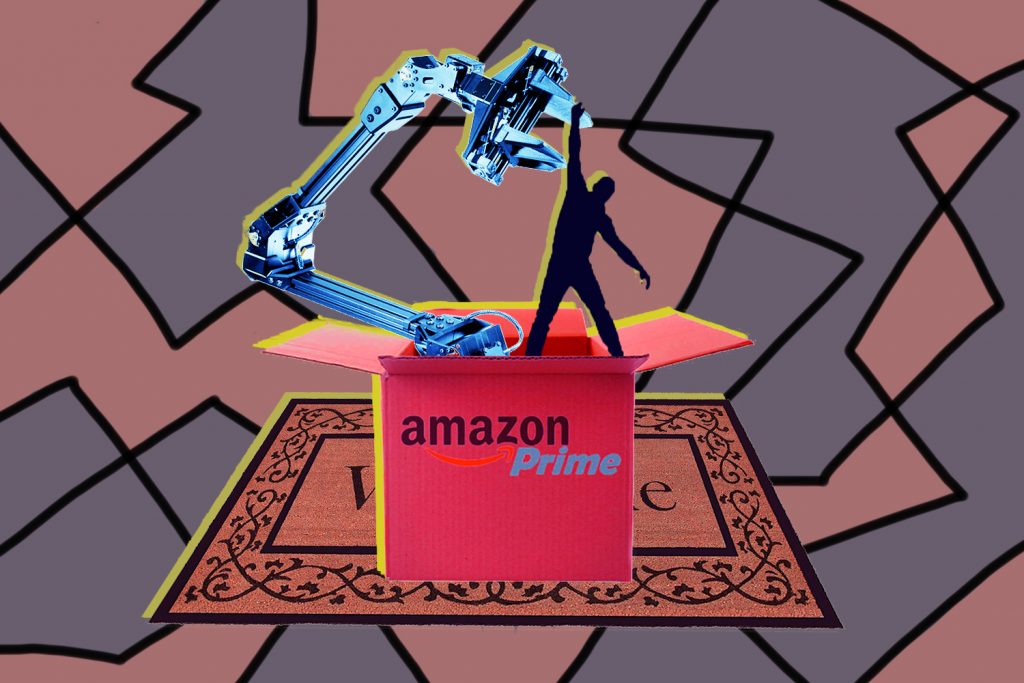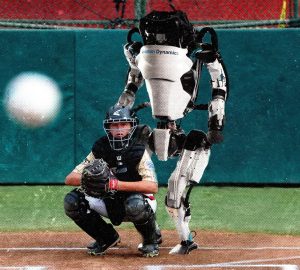Get what you want, when you want it (part 1): The real cost of immediacy

Toys R Us, Forever 21, Roberto Cavalli. These are only a few among many retailers that have filed for bankruptcy in the past two years. The reason, for the most part, is simple and the same: with the unstoppable rise of online shopping, retail stories simply don’t have the same appeal anymore. Failure to digitize, over-investment in real estate, high pricing — they are all sure final blows.
But, America knows that shopping itself has not gone away. It has simply moved out of sight, on to that ethereal, heavenly realm of the Internet where all products sit patiently waiting for the order to magically appear at our doors, or so we are encouraged to think. The forerunner of this is, of course, Amazon. Looking at Amazon, then Amazon Prime, then Amazon Prime Now, it isn’t hard to tell just what Jeff Bezos is trying to sell us (apart from literally EVERYTHING). He’s selling us time. Our time waiting, wondering, considering, anticipating — gone! Freed up, ready to be invested in something more entertaining. No more, three-to-five business days! Not even you, two-day delivery! Welcome, two-hour Harry-Potter-style Apparition, straight from your screen to your welcome mat. It is efficiency at its finest. It is the utopia that you want. It is the utopia that you deserve, dear Prime citizen.
Perhaps in two years’ time, Amazon would get so good they’ll deliver the instant we form the merest thought of desire. It won’t be that impressive a feat for Internet retailers to take our money and buy us things we haven’t yet wanted — they’re already spying on us. Might as well use all that data to let us buy ourselves surprise gifts. As long as we sign up for Amazon Prime This-Very-Instant, of course.
Let’s think about it this way: robotic utopian societies are very often the target of dystopian fiction. Because they truly are dystopian, even if we’re too distracted by buying and instantly receiving to notice it. America’s consumer culture is overdosing on convenience without paying attention to the consequences, which, other than taking an alarming resemblance to the second half of “Wall-E,” is the loss of awareness of the human factor. Just like retail shops, the humans didn’t go away. They simply move out of sight, becoming easier to exploit, to cheat, to overwork while being pushed to meet the incredible demands of instantaneous efficiency. And not unlike industries that came before, those that work hidden in retailer warehouses are the poor, working a poorly-paid, Big-Brotherly-supervised job for the sake of middle-class convenience. Like technology, exploitation has evolved. Like technology, cover-ups of exploitation has mutated. Amazon Prime launched in 2005, but it wasn’t until 13 years later, in 2018, that articles about its human costs began to appear. What articles will we be reading in 2033 about the services that are being offered to us now?
Our technology is growing faster than we can handle or understand it, creating a power dynamic in which those in charge of these luxuries control everything and can get away with any abuses, either because their customers are unaware of the abuses, or because the luxuries offered are so prominent in the market that customers are willing to look away from the ethical implications. Either way, the blame is not on any singular entity, for as we’ve approached a time where demand for transparency is the norm, willful ignorance is no longer synonymous with innocence.
Our fighting chance against the “Wall-E” future perhaps comes down to us understanding the services we use before making a decision whether to use them. And if that feels like too much work, consider wanting less for more waiting time. After all, three-to-five business days aren’t that long, are they, dear Prime citizen?























